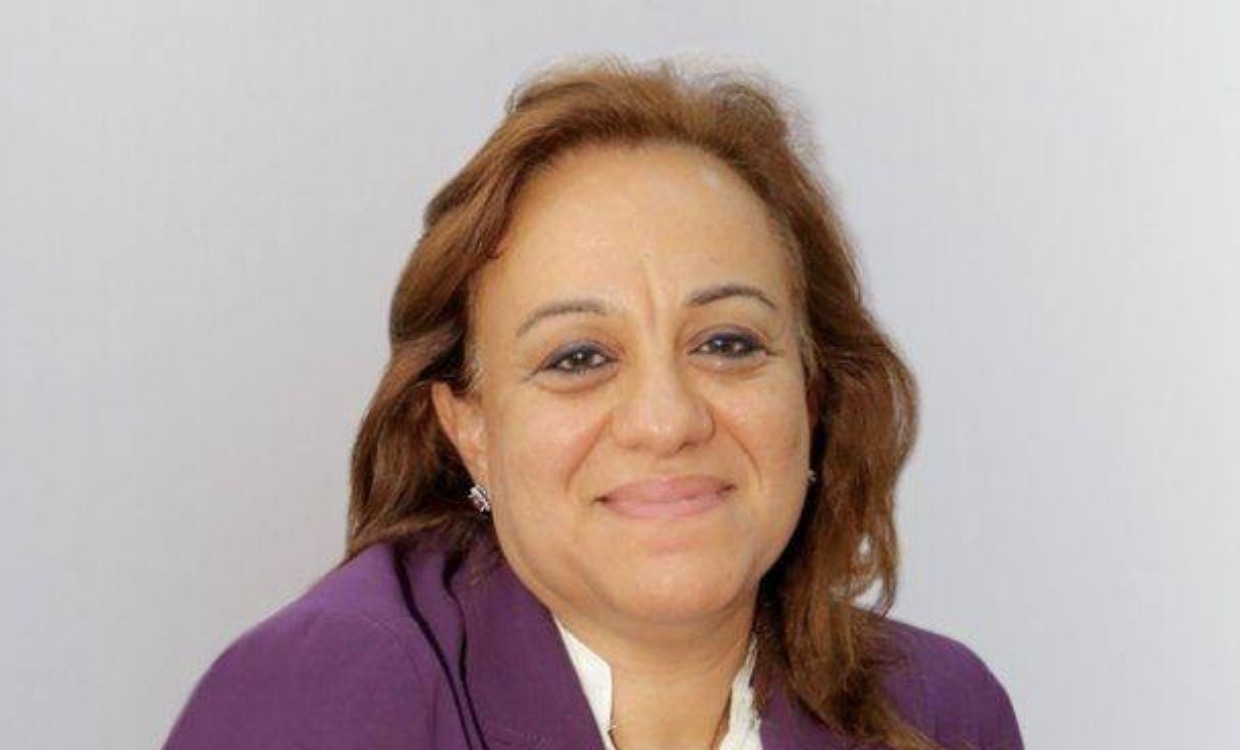Dr. Azza K. Maghur, lawyer, constitutional law expert, and member of the February Committee for the constitutional amendments that came into existence in 2014, has raised several questions in the light of the speech of Mr. Fayez Al-Sarraj, the President of the Presidential Council of the Government of National Accord (GNA).
On Sunday morning, Dr. Maghur brought forward her questions in an electronic mail correspondence received by the Al-Marsad, stating that those who put forward a plan proposal have to develop a mechanism for its implementation, or at least a proposal for a viable and executable plan.
Dr. Maghur said: “Calling for a ceasefire is not enough, but it must be clarified whether this is possible or not, and if so, how would it be? How can the House of Representatives and the High Council of State set up
committees to draw up a proposal for an election law and a constitutional amendment?” “Why the government does not make the bill and submit it to the House of Representatives for public discussion, even if the Parliament did not approve the GNA. At least, this step would prove the GNA’s seriousness in finding a way out, and show its willingness to hand over power.”
Dr. Maghur considered that the best solution would be the cooperation of the “Government, including the Presidential Council, with the House of Representatives to simultaneously end their indefinite tenure and prepare for a forthcoming parliamentary and presidential election, asserting that the High Council of State had not been established properly and that it was in contravention of the Libyan Political Agreement, and must be outside the equation.”
She said, “reiterating the commitment of the Central Bank of Libya (CBL) to take urgent monetary policies to solve the problem of liquidity: the urgent, persistent, and repeated question is how? If the CBL did not comply with such commitment, what action should be taken or proposed? What is the extent of the responsibility of the Government? What is meant by the monetary policies that shall be taken? It seems that this dilemma will continue, and now the question is: for how long and how can we solve it?” The constitutional law expert referred to Mr. Fayez Al-Sarraj’s speech, where he stated that the Government of National Accord should ensure the provision of services for the citizens in all areas, saying, “To do the right thing is to first commit itself, not just provide it, and secondly to make sure to provide it not to guarantee it.
Could the GNA, for example, provide electricity services?” Dr. Maghur discussed the initiative of forming a preparatory committee for national reconciliation that was mentioned in Mr. Fayez Al-Sarraj’s speech, contending: “Who is going to form it? The Presidential Council is not reconciled with itself or with the other institutions; it is not a neutral party because it has interests and it is a stakeholder. This puts it in a conflict of interests’ sphere.”
The constitutional expert considered the file of national reconciliation as the only file remaining outside the existing conflict zones.
She expressed her hopes that it would remain outside any conflict, leaving it to its mechanisms and instruments, and supporting it without dragging it into the quagmire of divisions and tensions. The most important aspect, according to the February Commission member, is what Mr. Al-Sarraj referred to in his speech: “to continue the Political Agreement until the nomination of a Prime Minister and the approval of a Government by the Parliament”. Dr. Maghur thinks that this approach leaves the door open to stay in power without any constitutional basis. “How to proceed with an agreement that did not enjoy a constitutional amendment?”
Dr. Maghur concluded by forwarding a letter to Al-Sarraj, saying: “Simply, why there is no suggestion for amending the February Committee Proposals to include new parliamentary elections? The February Committee Proposals included a presidential election that has not been implemented, instead of these proposed actions that require a long duration of time and cannot be executed because they require coordination and cooperation of entities that do not recognize each other, based on an agreement that has proved its ineffectiveness.
Establishing your proposals that require future arrangements on impossible or unenforceable terms means staying indefinitely in power as well as putting the country in a state of inertia and suffering rather than moving it forward or finding a way out.”

